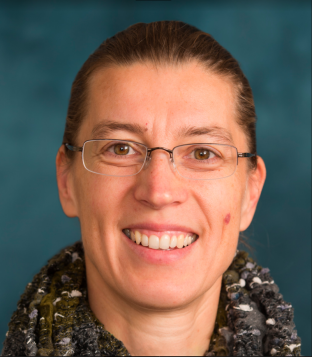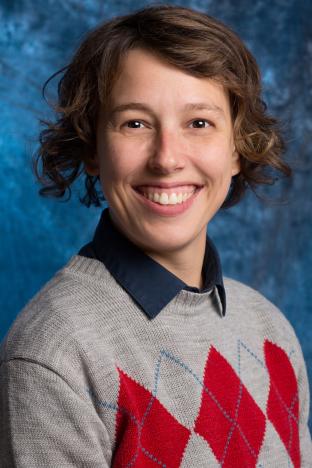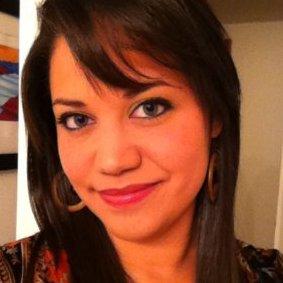Biography
Research Interests
The Wobus lab is interested in mechanisms of norovirus, astrovirus, and SARS-CoV-2 - host interactions.
Noroviruses and astroviruses are major causes of viral gastroenteritis worldwide resulting in substantial morbidity and economic loss. However, little information is available about the biology of these viruses and no directed disease prevention and control strategies exist.
With our discovery of the first murine norovirus (MNV-1) and hence the availability of a small animal model, the development of the first in vitro culture system and reverse genetics system for a norovirus, we have a unique system to undertake a detailed analysis of different aspects of norovirus biology. More recently, we have expanded our studies to include human norovirus to compare and contrast the human and murine viruses, and human astroviruses to define shared features of enteric viruses. We are using the two available culture models for human noroviruses (human B cells and human intestinal organoids) and human intestinal organoid systems to study human astrovirus biology. With the COVID pandemic unfolding, we are also studying SARS-CoV-2 in cell culture.
Current studies in the lab are focused on:
1) development of human organoid/immune cell co-cultures and human organoid/microbiome co-cultures to investigate the host response to astro-, norovirus, and SARS-CoV-2 infections.
2) modulation of B cell responses by norovirus infections
3) the impact of intracellular metabolism on astro-, and norovirus infections
4) antiviral drug development for SARS-CoV-2, astro-, noroviruses



